Explore the complex character and history of Meriwether Lewis before, during, and after the expedition with this selected index of articles.
Lewis’s Friends and Mentors
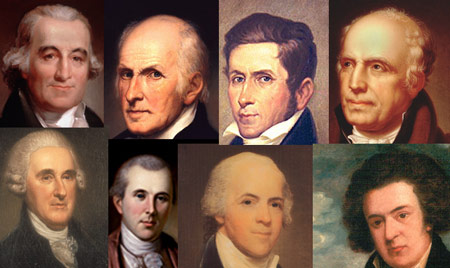

Thomas Jefferson not only brought Meriwether Lewis under his own tutelage, he made sure Lewis was trained and befriended the best minds of the day. Lewis appeared to be an eager and quick learner.
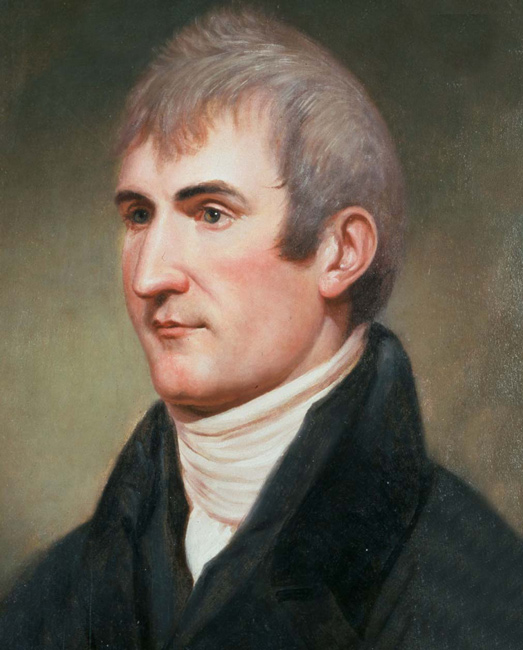

Born on 18 August 1774, he was exactly eight months old when Paul Revere made the legendary ride that signaled the beginning of the War of Independence, and the birth of the new United States of America, which Lewis was to serve with distinction.
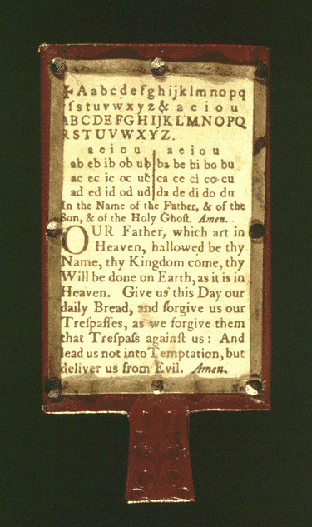

Land management introduced the pupil to the practical aspects of natural history. Jefferson recalled Lewis’s “talent for observation, which had led him to an accurate knowledge of the plants and animals of his own country, would have distinguished him as a farmer.”
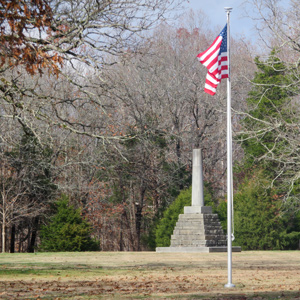

Lewis had made a habit of abandoning Clark in quests for exploratory triumph. It was no coincidence that Lewis was the first to see the Great Falls or the Continental Divide; he engineered those moments.
Lewis as Master Mason
by Joseph A. Mussulman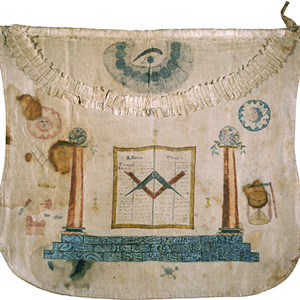

Lewis’s meteoric progress through the first three degrees of Masonry signified confidence on the part of the most prominent men of Albemarle that the 23-year-old Lewis was similarly destined for moral, civic, and political leadership.
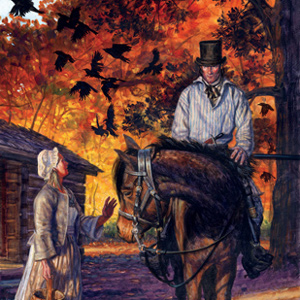

Lewis was about to journey to Washington to face his accusers. He only made it as far as Grinder’s Stand. But did he commit suicide or was he murdered?
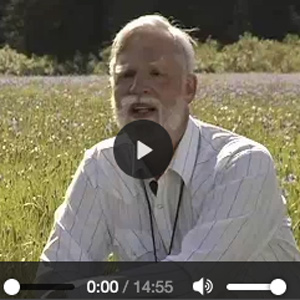

This interview with botany Professor James Reveal recorded at Packer Meadow near Lolo Pass analyzes the botany of Lewis.
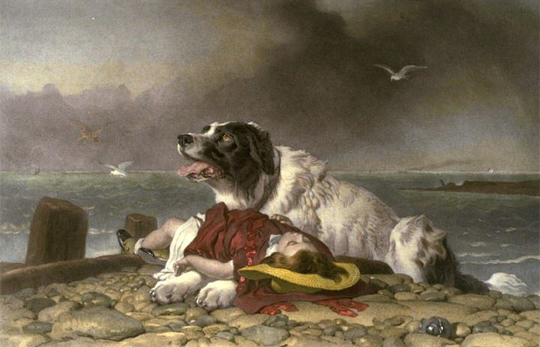

What happened to this famous Newfoundland dog? Did he complete the expedition? Or did he perish somewhere along the Missouri River? Was he with Lewis when at Grinder’s Stand?
The President’s Secretary
by Arlen J. Large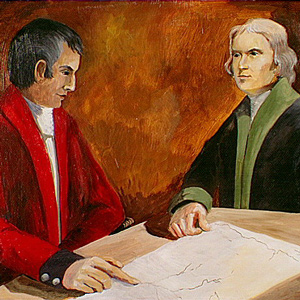

It was 4 March 1801, Inauguration Day for the third president. Nine days previously Jefferson had asked Meriwether Lewis to serve as his private secretary in the raw new mansion called the President’s House.
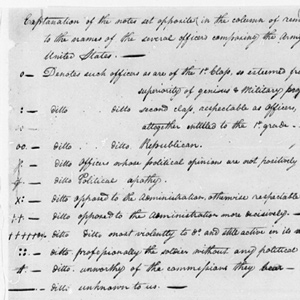

In his capacity as the President’s secretary, Meriwether Lewis prepared a report in which he classified the Army’s officers by military merit and by political affiliation, if known. Both of these factors were considered in identifying candidates for dismissal.
Lewis and the Board of Agriculture
by Arlen J. Large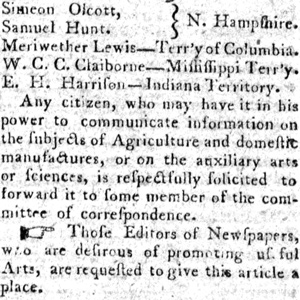

As the President’s private secretary, the 28-year-old Army captain wasn’t in the same league with the political heavy-weights on the new American Board of Agriculture.
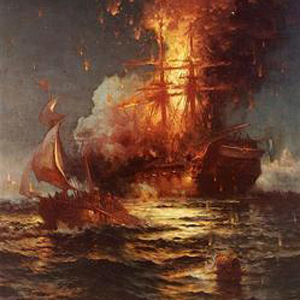

The story of what was known by his detractors as “Jefferson’s War,” opens for us a narrow window on a little known but intriguing episode in Meriwether Lewis’s brief position as the President’s secretary.
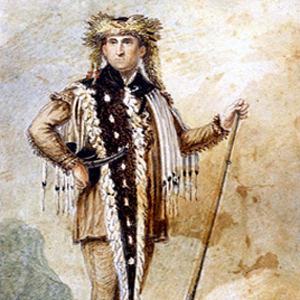

Cameahwait and some of his people agreed to help the Corps of Discovery carry its baggage over the divide. In the early afternoon. “We now dismounted,” wrote Lewis, “and the Chief with much cerimony put tippets about our necks such as they temselves woar.”
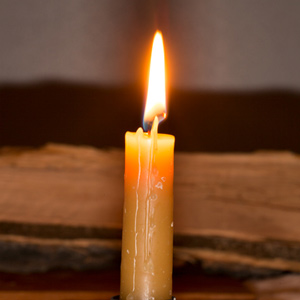

It has been remembered as “the most gloomy self-examination of the entire journal,” and “a passage of unreasonable melancholy,” of poignant sadness and self-doubt.
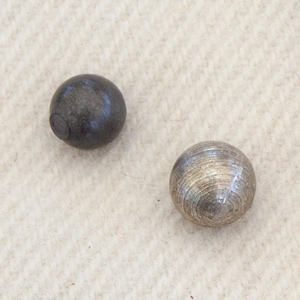

The most serious hunting mishap, and surely the most memorable episode in Lewis’s frequently referenced “chapter of accedents,” was the moment on 11 August 1806 when Pierre Cruzatte shot him in the buttocks.
Experience the Lewis and Clark Trail
The Lewis and Clark Trail Experience—our sister site at lewisandclark.travel—connects the world to people and places on the Lewis and Clark Trail.
Discover More
- The Lewis and Clark Expedition: Day by Day by Gary E. Moulton (University of Nebraska Press, 2018). The story in prose, 14 May 1804–23 September 1806.
- The Lewis and Clark Journals: An American Epic of Discovery (abridged) by Gary E. Moulton (University of Nebraska Press, 2003). Selected journal excerpts, 14 May 1804–23 September 1806.
- The Lewis and Clark Journals. by Gary E. Moulton (University of Nebraska Press, 1983–2001). The complete story in 13 volumes.

